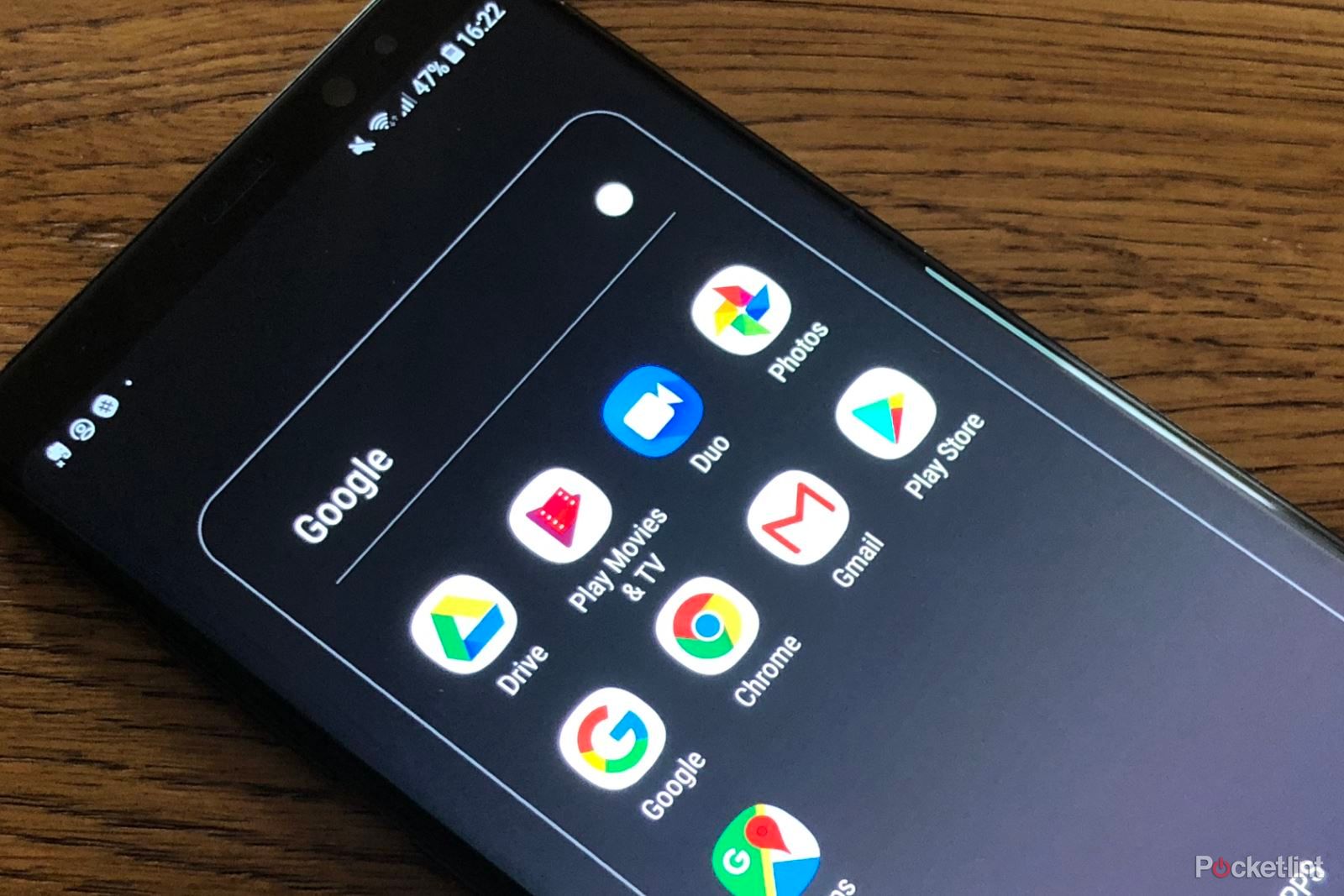We've known for a couple of years that the European Union (or, more specifically, the European Commission, EC) has been investigating Google for anticompetitive practices concerning Android.
Now, it has concluded that Google has been acting uncompetitively and has ordered it to pay a €4.34bn (£3.9bn, $5bn) fine.
Here's the what, why and what it means for you and your Android phone.
What's happened?
Just as it has investigated Microsoft, Intel, Qualcomm and others before, the EC likes to intervene (and issue huge fines) where it considers there have been anticompetitive practices - in Intel's case, for example, the EC revealed that Intel incentivised PC makers if they only made (or mostly made) Intel PCs rather than also offering AMD-based machines.
Just as it disagreed with Microsoft's presentation of Internet Explorer as the default option on Windows (and also said in 2013 that Microsoft was still failing to give people options), it has now suggested that Google's Android has basically the same problem.
Namely, that Android comes preloaded with certain Google apps. And those apps make it hard for anybody else to get a look in. Indeed, the EC alleges that Google did some bad stuff around the Google Search app in particular to "cement its dominant position" in search on Android devices as well.
The EC says that "since 2011" Google required device manufacturers to preinstall the Google Search app and the Chrome browser in order that they could get access to the Play Store. And, not only that, but it also paid mobile vendors and networks to preload the Google Search app on devices.
This has all resulted in today's announcement - that €4.34bn (£3.9bn, $5bn) fine. The fine is based on Google's turnover, which as you know is epic.
Is this really a problem?
Whether anybody actually cares that these apps are preinstalled - aside from other software vendors - is a moot point. It's about restrictive practices. The complainant to the EC was FairSearch, a group that lobbies against Google's search dominance. Initially, the organisation was formed by travel sites TripAdvisor, Kayak and Expedia, but totally unsurprisingly Microsoft is also involved as is Oracle.
What happens next?
Google has 90 days to issue a change in direction or face further fines - up to 5 percent of its average global daily turnover apparently. Google will appeal though, so expect this to rumble on.
What does Google say?
Sundar Pichai, Google's CEO, says that Android is actually all about choice and that the decision "ignores the fact that Android phones compete with iOS phones, something that 89 percent of respondents to the Commission’s own market survey confirmed.
"It also misses just how much choice Android provides to thousands of phone makers and mobile network operators who build and sell Android devices...and billions of consumers who can now afford and use cutting-edge Android smartphones."
Central to the Google argument is this, again from Pichai: "a typical phone comes preloaded with as many as 40 apps from multiple developers, not just the company you bought the phone from.
"If you prefer other apps—or browsers, or search engines—to the preloaded ones, you can easily disable or delete them, and choose other apps instead, including apps made by some of the 1.6 million Europeans who make a living as app developers."
What does it mean for you and your phone?
It means nothing for existing devices. It might mean that Android phones don't come with, say, Chrome preinstalled in future. You'd then have to make a decision yourself to download it from the store - or another browser instead. The same with Gmail, for example. Or it could be that several apps are preinstalled instead.
The EC also suggested that it could mean phone manufacturers could sell devices with different versions of Android on, like a phone powered by Amazon's Fire OS which is based on Android. The EC believes that Google prevented this from happening in the past. But at a time when manufacturers are increasingly moving back towards stock - or pure - Android, we reckon that's unlikely.
Liked this? Check out our guide to the best Android phone

